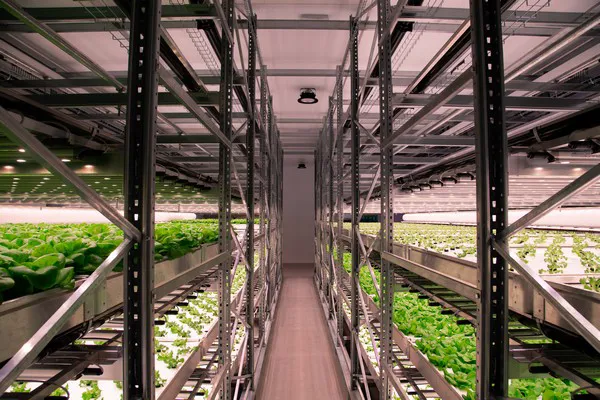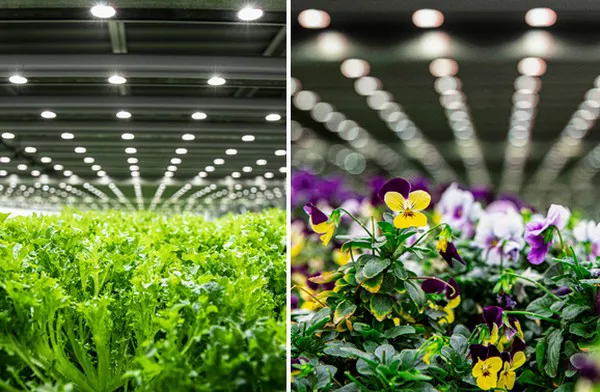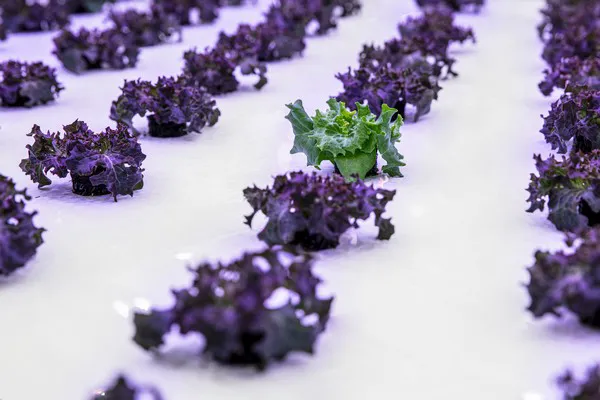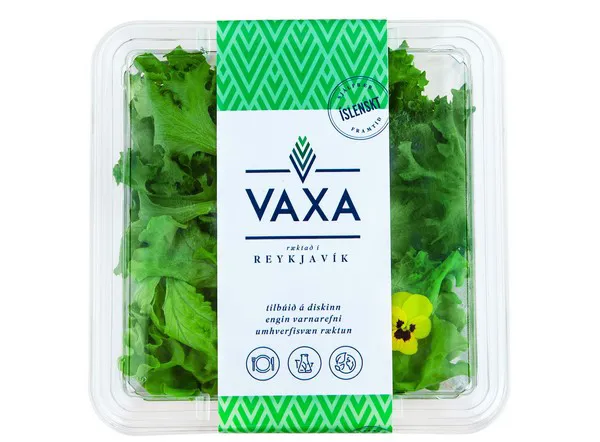“It’s not just about single or multiple layers, but rather about the control, that should be the driver. In Iceland, the country will benefit from high-density farming, but the biggest factor, in my opinion, is control,” says Andri Guðmundsson, Co-founder and Partner at VAXA.
VAXA broke ground in Reykjavik in 2017, and with limited farming information back then, they brought vertical farming to Iceland. VAXA has been running a commercial-scale vertical farm for three years, selling branded produce into several channels.

Trends that are impacting the sector
“Technology is a great enabling factor for all opportunities ahead. External factors like environmental awareness and climate change are putting pressure on several parts of the supply chain, supporting the case as well. Consumer trends are also playing a big part, enabling vertical farming and the wider controlled environment agriculture sector today. There’s a lot of different enabling factors - factors the sector as a whole must follow to further develop,” he notes.
Andri continues: “Buying local is one of the major trends we’re seeing in combination with environmental friendliness.” The greenhouse community has done a great job in Iceland, according to Andri, educating consumers on the benefits of locally grown produce.

“The local aspect is one of the strong benefits of vertical farming in my opinion. The reduced food miles, but also the community engagement from local jobs to education efforts make vertical farming so beneficial. Enhancing and communicating the benefits of local food production is key for the indoor business, and here in Iceland, consumers are willing to prioritize the local product.“
He adds, ”However, we have to stay realistic in vertical farming. We have a great story and vision, but we have to stay humble and realistic when building the sector in its infancy. A good balance is needed and we shouldn’t overpromise.”

Strengthening the sector
According to Andri, Iceland has a strong greenhouse community, based on the geothermal power available. Therefore, there is plenty of lettuce, tomatoes, and peppers. However, there is still a big need for other greens. According to Andri, VAXA is the second-largest grower of leafy greens in Iceland.
Luckily, the country has lots of green energy. “We can sleep well at night knowing that, although the farm consumes a fair amount of energy, we only use low or zero-emissions renewables to power our LEDs.”
Andri says he finds the sector very promising as there are untapped possibilities ahead. It is no coincidence that the commercial farm is located in Reykjavik, given the 250.000 inhabitants the capital has; there are only 100.000 people living outside the capital area. Therefore, it made perfect sense to construct the farm in the capital’s suburbs.

Sales channels
VAXA has three different sales channels, the primary two being the retail and the catering industry, such as hotels and restaurants. Restaurants use the VAXA brand as a specialty on their menus, explains Andri, as the VAXA brand is very well known domestically. The company has put a lot of effort into branding in the past three to four years.
“It’s really interesting to build a strong brand in a commodity market, and we’re really proud of that,” says Andri. The company did not have to do a lot of marketing campaigns from the beginning, as their produce was quickly sold out: selling has not been VAXA’s biggest challenge.
Besides providing over half of the retail outlets in Reykjavik with several types of lettuces mixes and herbs, VAXA sells directly to consumers via an online subscription model as well. “ We already cover a big part of the retail market in Iceland, but we still feel that the local premium leafy greens segment can be pushed much further.”
 For more information:
For more information:
Andri Guðmundsson, Co-founder and Partner
ag@vaxa.co
VAXA Iceland
www.vaxafarm.is
